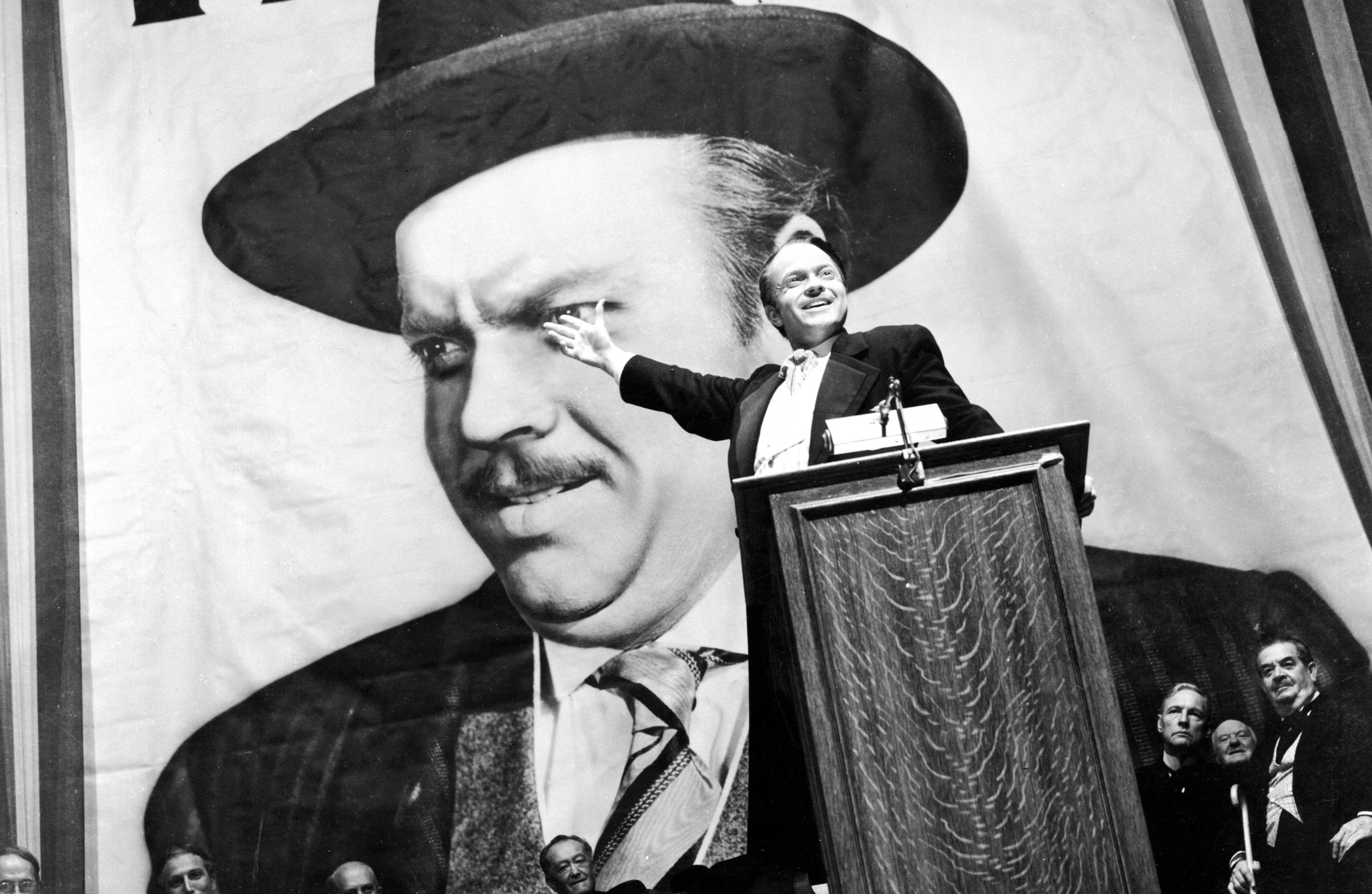Since its inception nearly 140 years ago, cinema has taken on many forms. The films we enjoy from our streaming platforms wouldn't be the same without the foundations laid out by early pioneers of film during the twentieth century. We have more access to filmmaking tools than ever before now, and inspired artists can create compelling stories from the comfort of their home. This is easier said than done, of course, as many have tried and failed to create stories that evoke human emotion and technical triumph. Even some high budget films with well known actors still fall short of what audiences consider a "good" film. If you are someone interested in dipping their toes into this immersive (and expensive) craft and are overwhelmed by the thousands of options available at our fingertips, this is a list of the ten best films every wannabe filmmaker should see before setting up that camera on its tripod.
10
City of God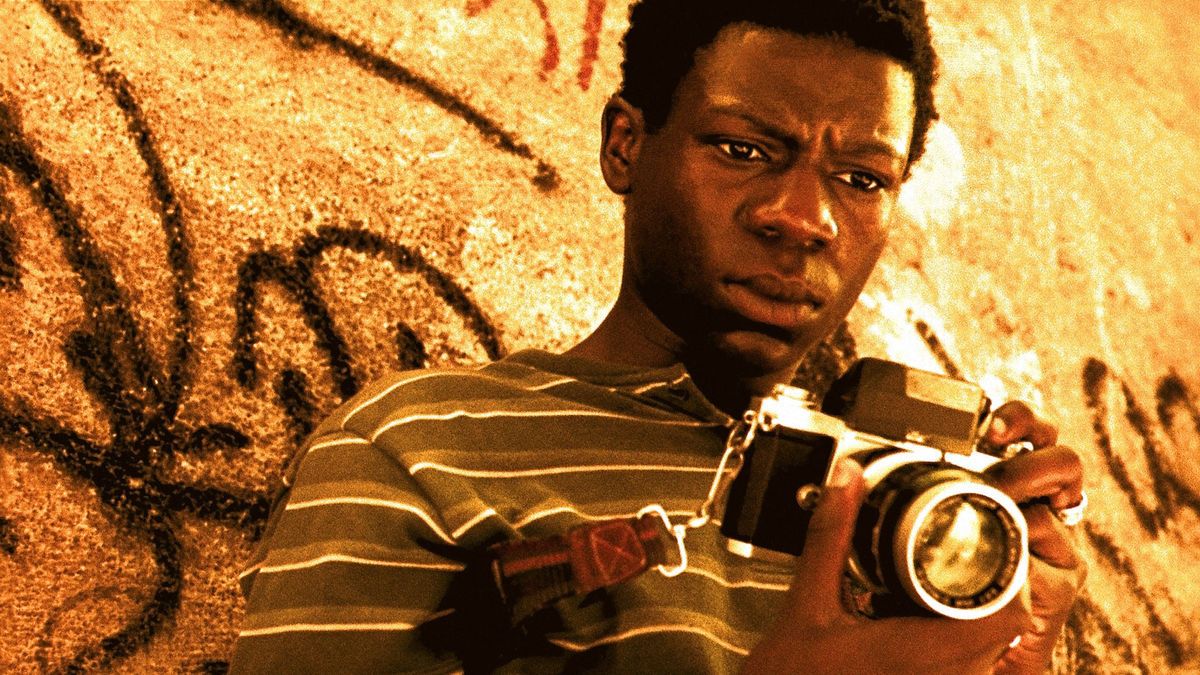
Marveled for its authenticity of the streets of Rio de Janeiro and compelling shots that maneuver its audience through tight, gritty spaces, City of God is cited as one of the greatest films of the twenty-first century. Directed by both Fernando Meirelles and Kátia Lund, and adapted from Paulo Lins’ book of the same name, City of God, loosely based on true events, examines the growth of drug culture in Brazil. This film is important for its approach to accurately depicting the lives of the people within the story by casting real people from the streets and shooting on location in Cidade Alta.
9
Pan’s Labyrinth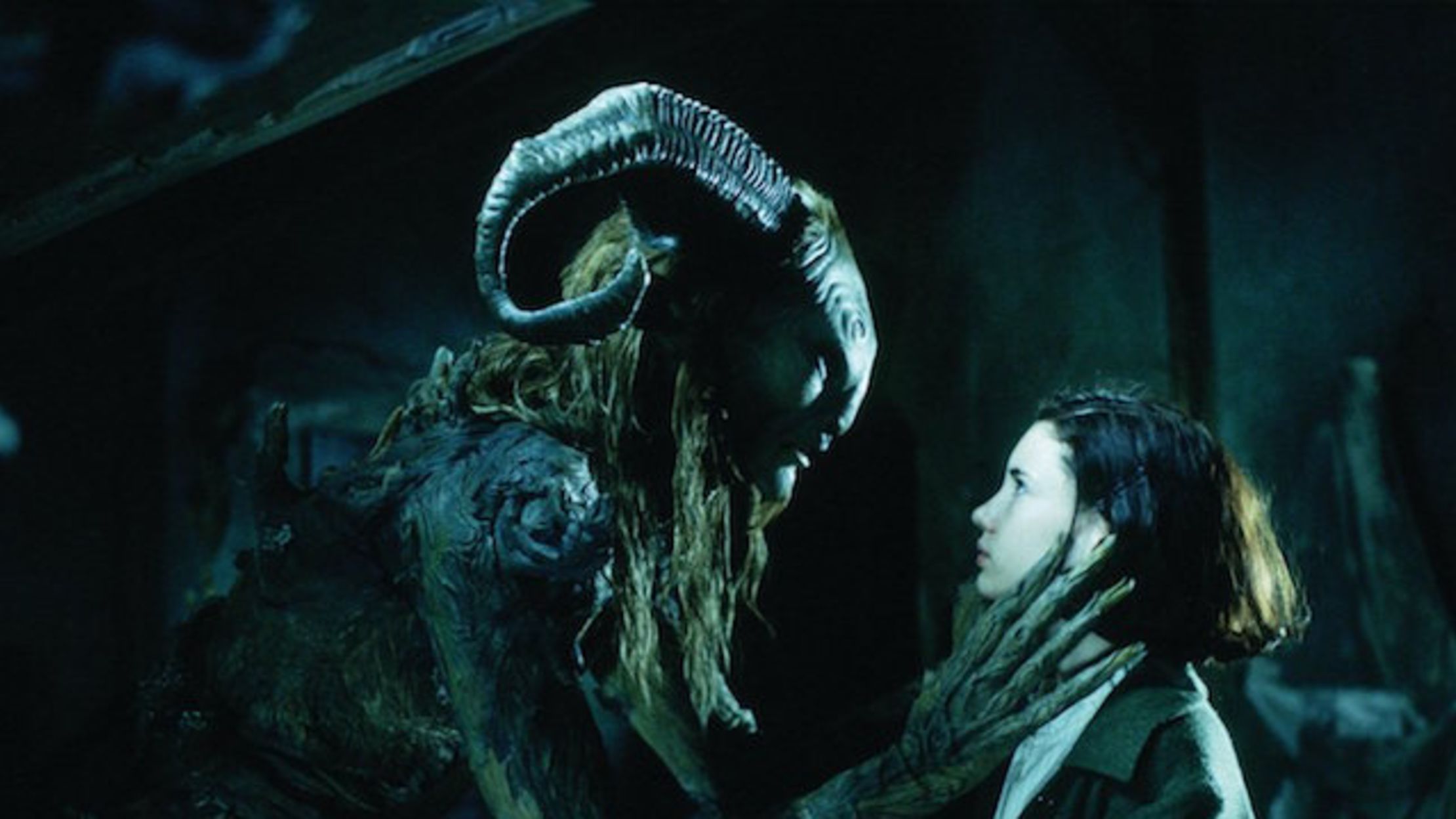
Influenced by the lucid dreams of director Guillermo Del Toro’s childhood, Pan’s Labyrinth explores expressionist themes within the dark fantasy genre. Praised for its visual effects and storytelling, the film was a massive success amongst audiences. The film’s many themes are subject to discussions, ranging from religion to war, which keeps the allegory relevant. The film was written and directed by Del Toro who considers it a “spiritual successor” to his 2001 film, The Devil’s Backbone. Pan’s Labyrinth influenced many directors to come and changed the way fairytales could be told on screen.
8
Breathless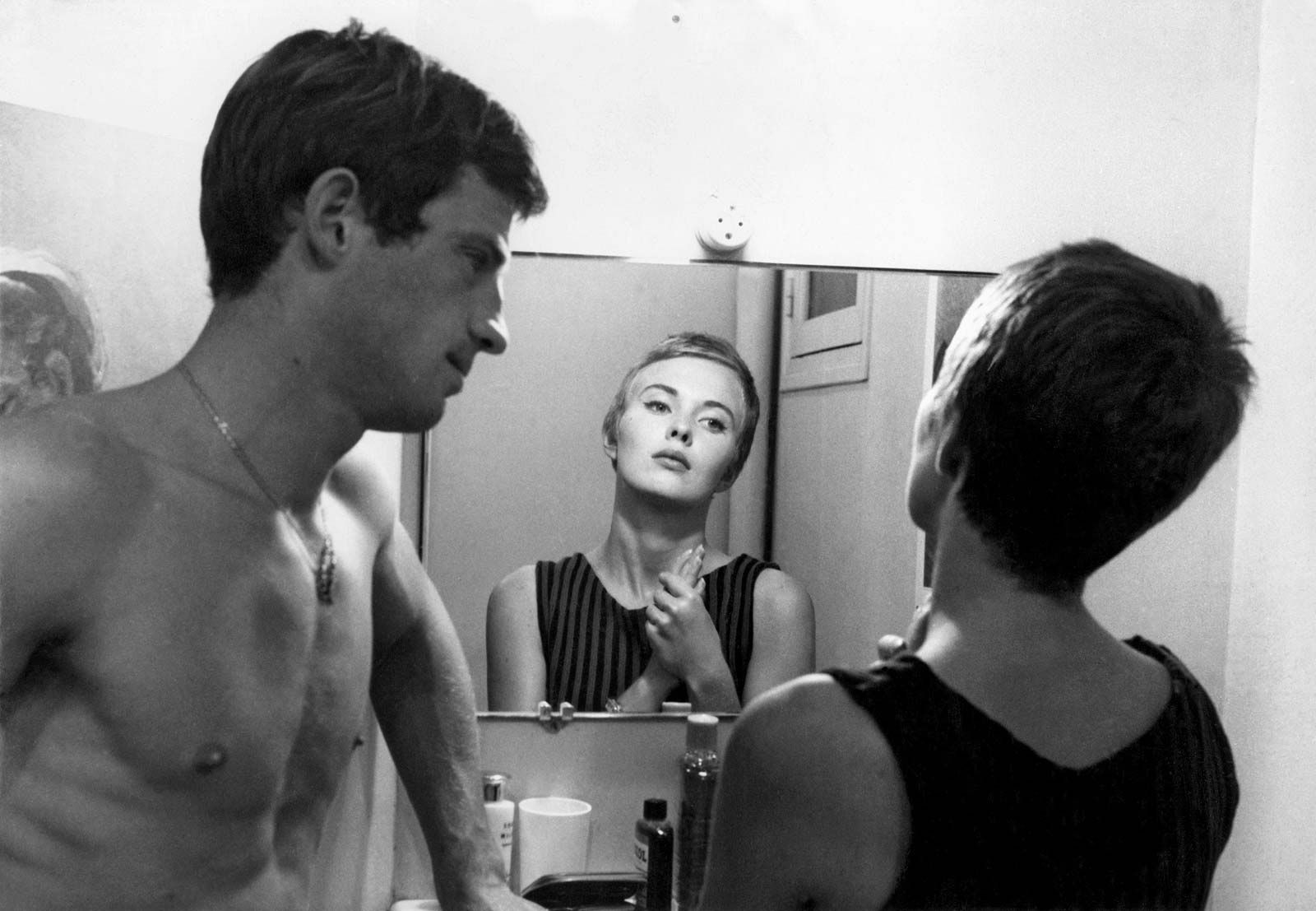
A pioneer to the French New Wave movement of the 60s, Jean-Luc Godard’s Breathless is a must-watch for all aspiring filmmakers. Godard and other French filmmakers wanted to challenge the “Hollywood narrative” and prove it was possible for anyone to make a film. Popularized by its zany storyline, use of natural settings, and swift editing practices, Breathless quickly became an opposing force to traditional cinema. This film was Godard’s first full-length feature film with many more to come.
7
On the Waterfront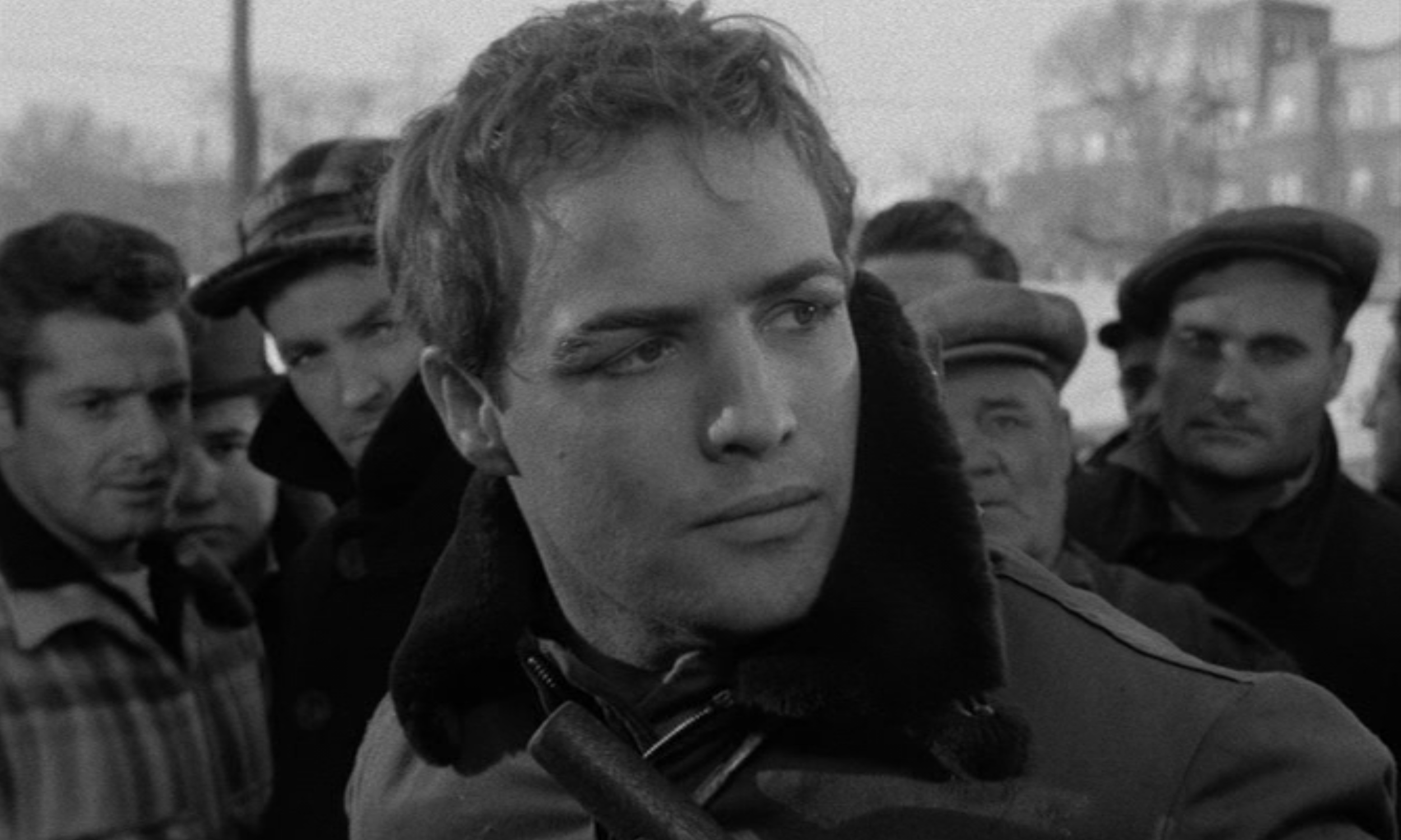
Somewhere during the transition of classical Hollywood cinema to modern cinema came On the Waterfront, directed by Elia Kazan and starring Marlon Brando. The film is viewed time and time again for its relevance historically and for its themes involving systemic corruption that have resonated with American audiences since its release in 1954. Most notably, the film’s noir-style cinematography and traditional editing techniques have been studied and considered a staple of its time. This is a good watch if you’re looking to explore mid-century American crime films.
6
Killer of Sheep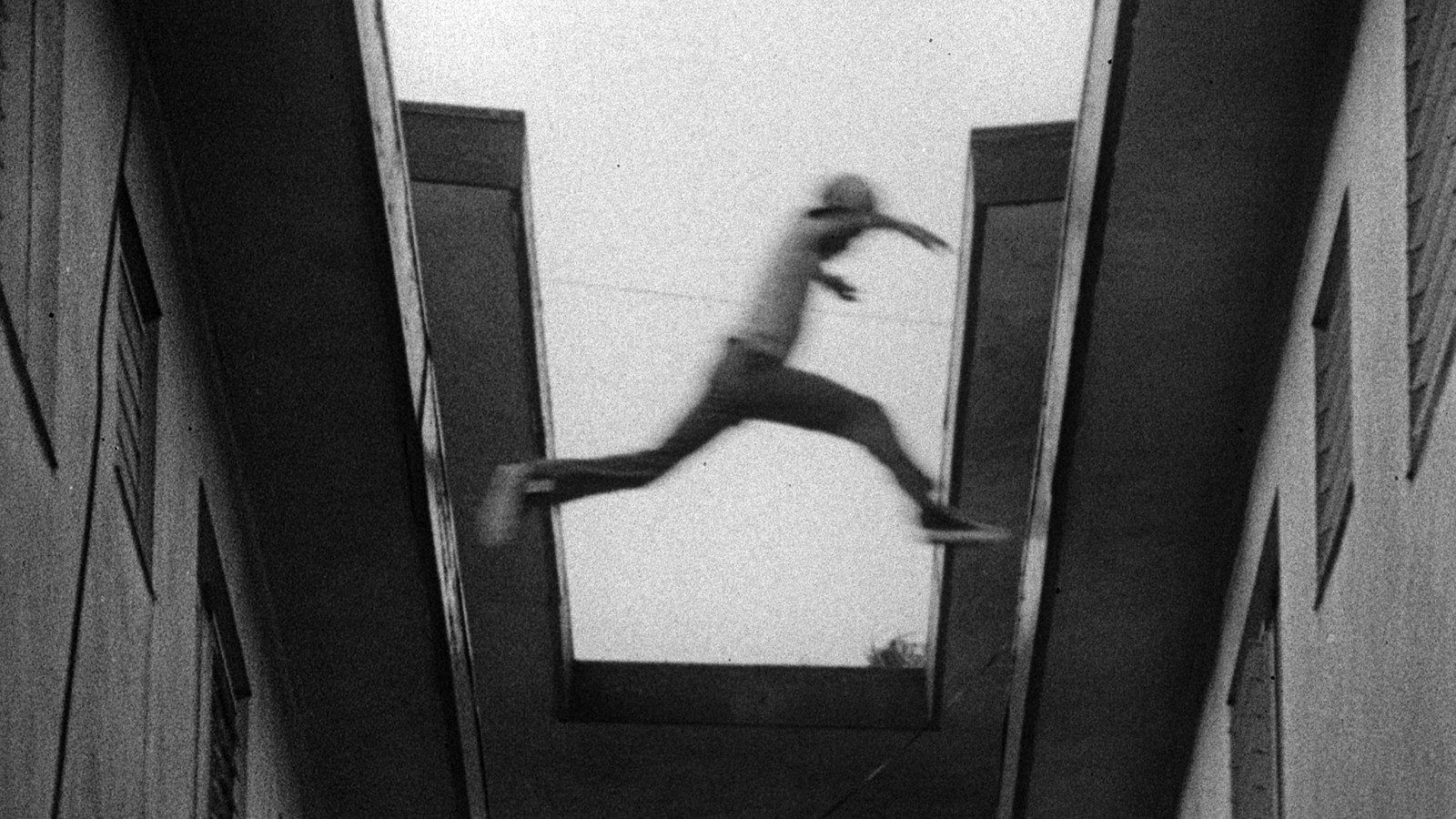
Killer of Sheep is a drama made entirely by Charles Burnett, a Masters student at the University of California, Los Angeles. Inspired by Italian neorealism, the film is a slice-of-life centered around the life of a butcher named Stan in Los Angeles. The film follows no traditional aspects of cinema and has been praised for its peculiar way of storytelling. Almost lost in obscurity, the film wasn’t publicly released until 2007, twenty-nine years after it was made in 1978. Now it is a subject of study amongst filmmakers who reflect on Burnett’s themes.
5
The 400 Blows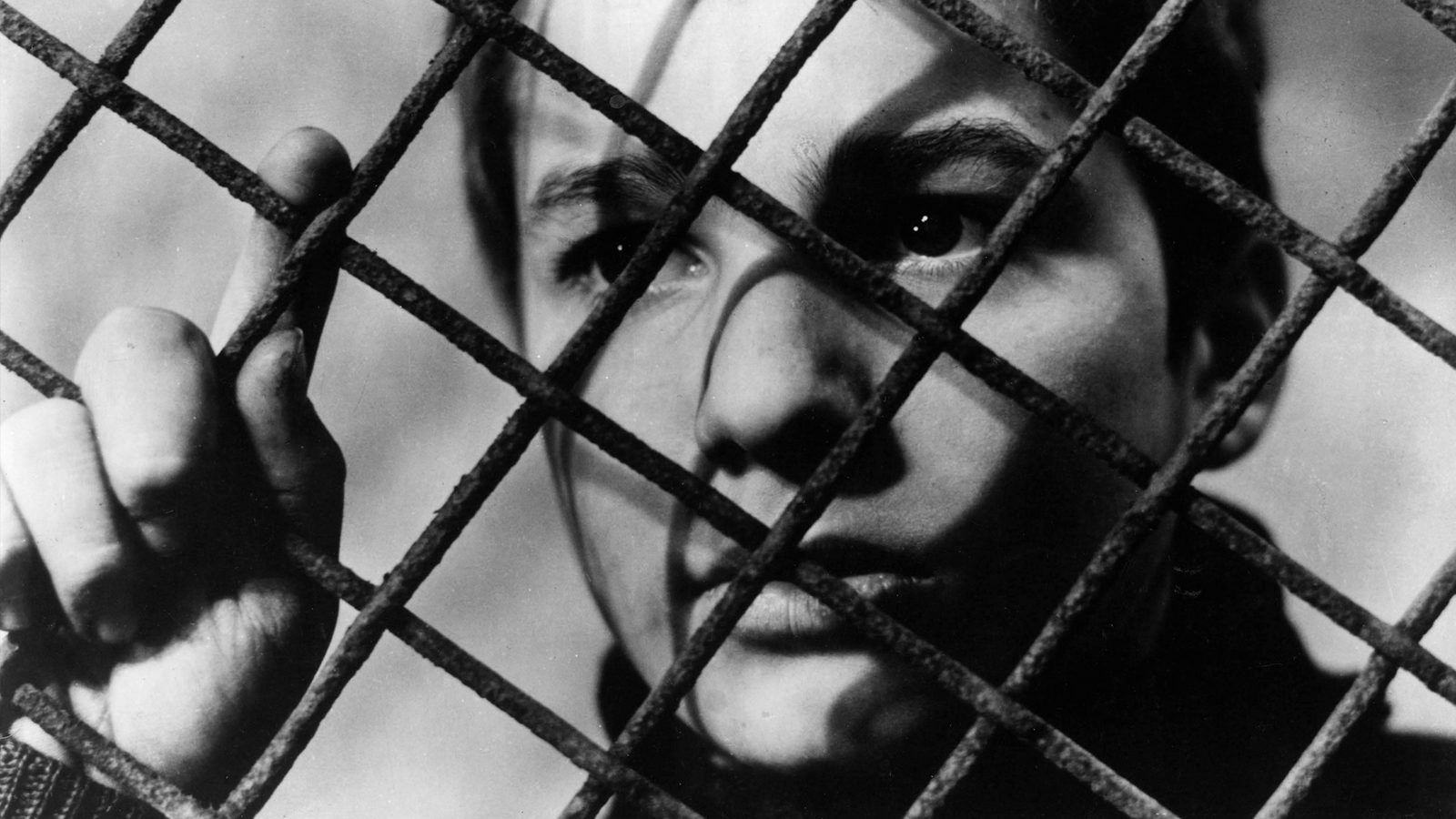
Another staple of the French New Wave movement and friend of Godard, François Truffaut’s directorial debut was The 400 Blows. A story about a misguided schoolboy, Truffaut takes his audience through the romantic streets of Paris in this coming-of-age film. Acting as a semi-autobiography of Truffaut’s life, the film also explores the treatment of juvenile delinquents during this time period. This film is notable as a more serious entry in the French New Wave movement that truly did compete with Hollywood films that attempted to capture similar themes.
4
Rashomon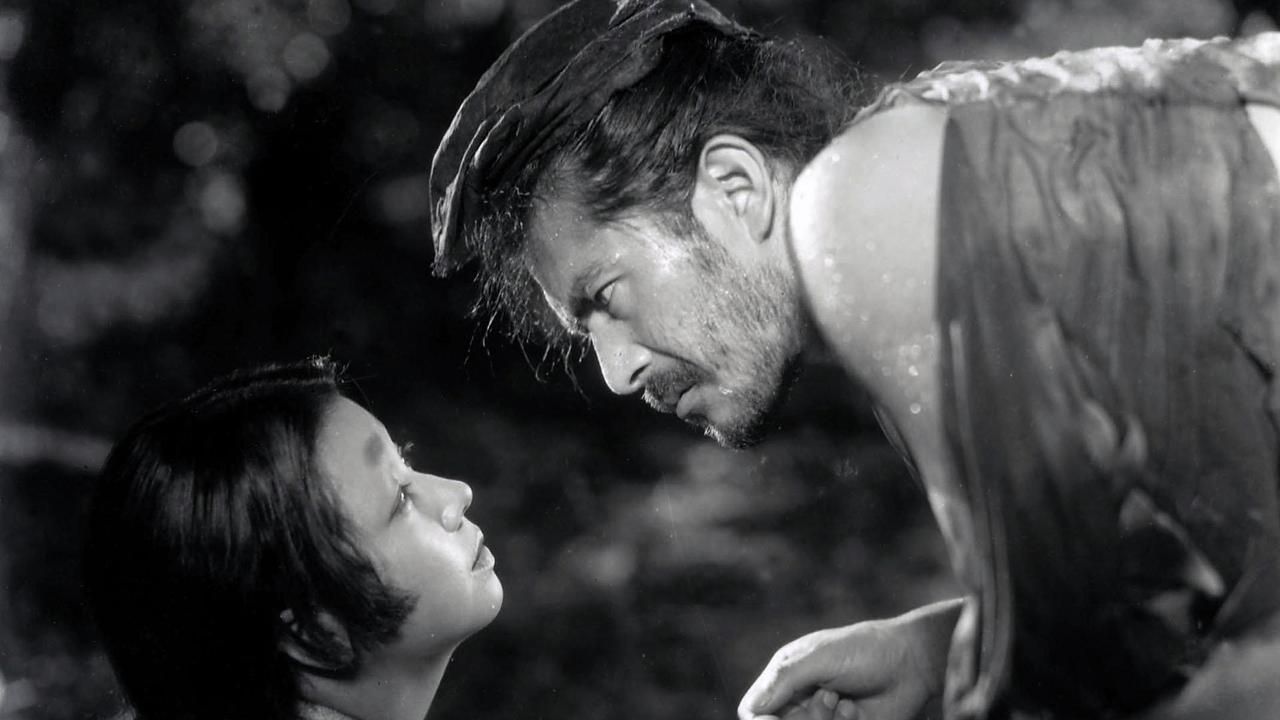
The “rashomon effect” derived from this film directed by Akira Kurosawa, the first Japanese film to receive international attention from critics. Praised for its clever and complex storytelling, Rashomon has been used as a blueprint for countless films and shows since its release in 1950. Many aspects of the film were marveled in its time such as the cinematography, camera-movement techniques, and of course the format of its narrative involving multiple contradicting storylines. The film is still heavily referenced in pop culture today and has had one of the strongest impacts on cinema in all its history.
3
Bicycle Thieves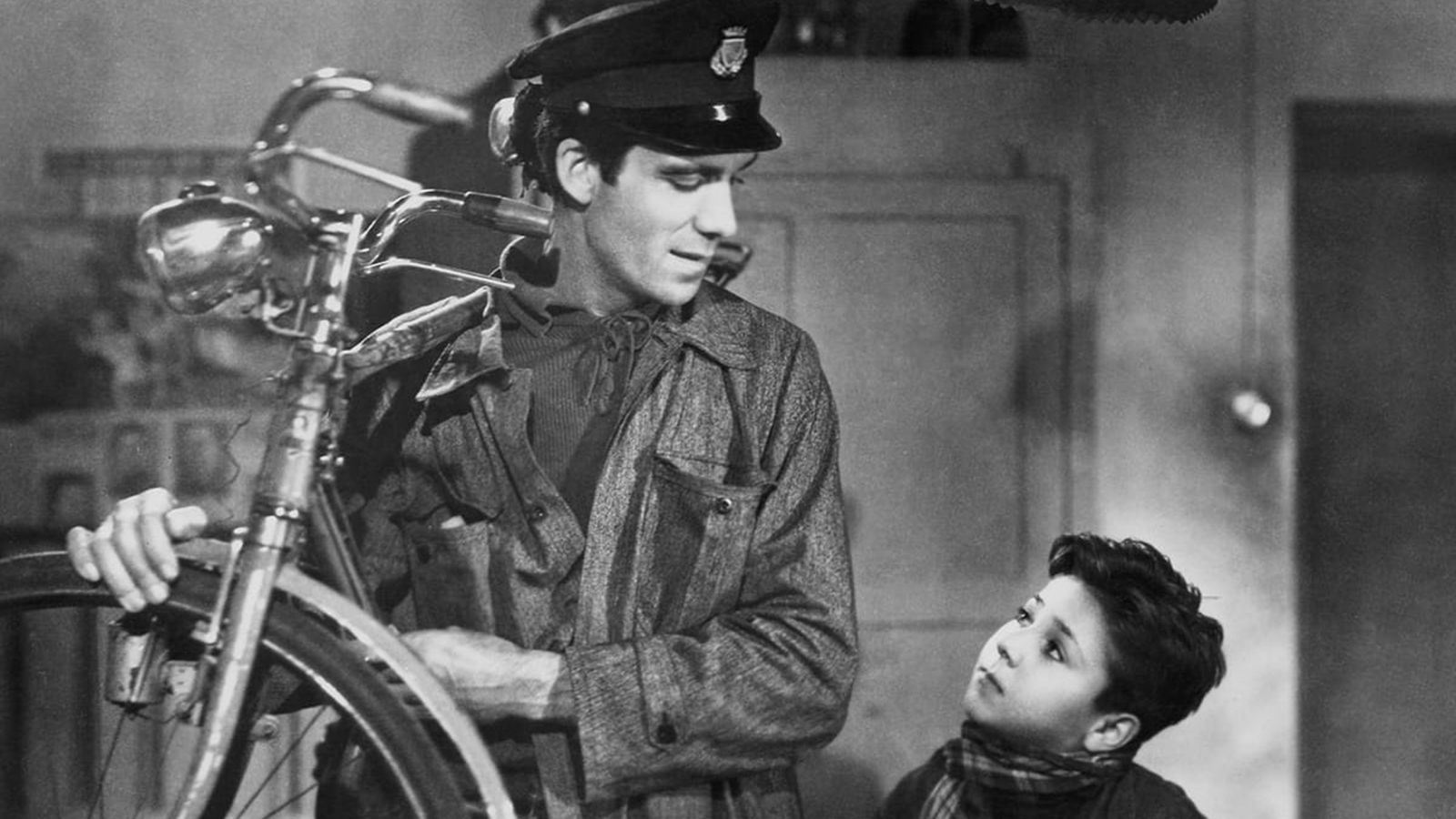
Directed by Vittorio De Sica and adapted from Luigi Bartolini’s 1946 novel of the same name, Bicycle Thieves released in 1948 in Italy. A story that challenges the traditional “hero’s journey” narratives of popular western cinema, Bicycle Thieves tells a story of realism and loss that started a ripple in the wave of Italian neorealism. The film thrives off its raw emotion rather than the rewarded action seen in other films during this time. The film is a bit more conflict driven than a slice-of-life, but still captures the life of its contemporary audience in a realistic tone. Still considered one of the greatest films of all time, it is studied regularly by filmmakers and scholars alike.
2
All About My Mother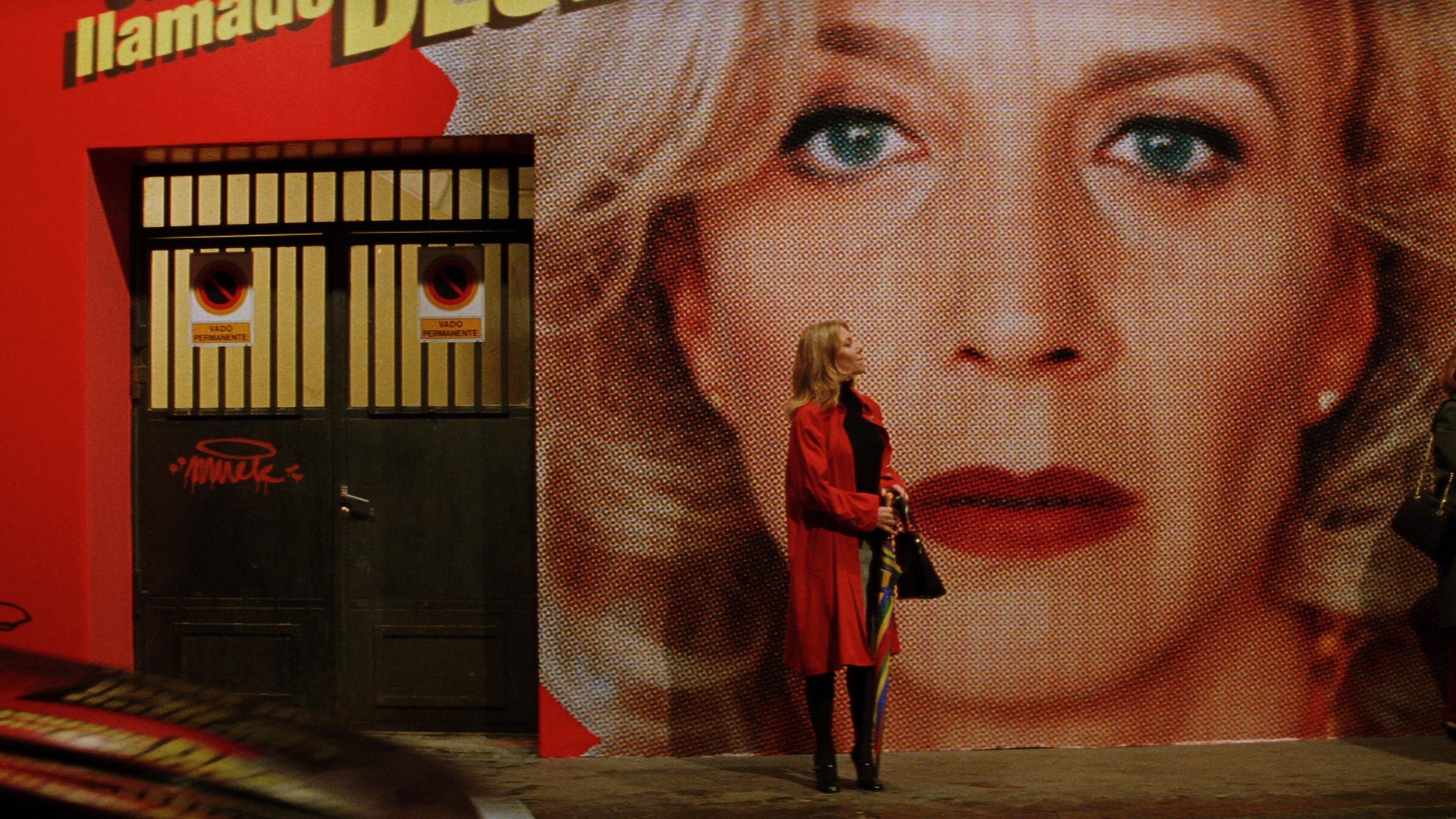
All About My Mother is a 1999 Academy Award-winning film written and directed by Pedro Almodóvar. The film has been praised over the years for its compelling storytelling and acting. Often viewed as a perfect film, it perfectly contradicts itself with bright, colorful mise-en-scène paired with hurt, emotional characters, an artistic reflection of modern life. The film also deals with important themes such as homosexuality that has helped further LGBTQ+ storytelling in international films. This is a good film to watch to study complex characters and the limitless ways they may exist on screen.
1
Citizen Kane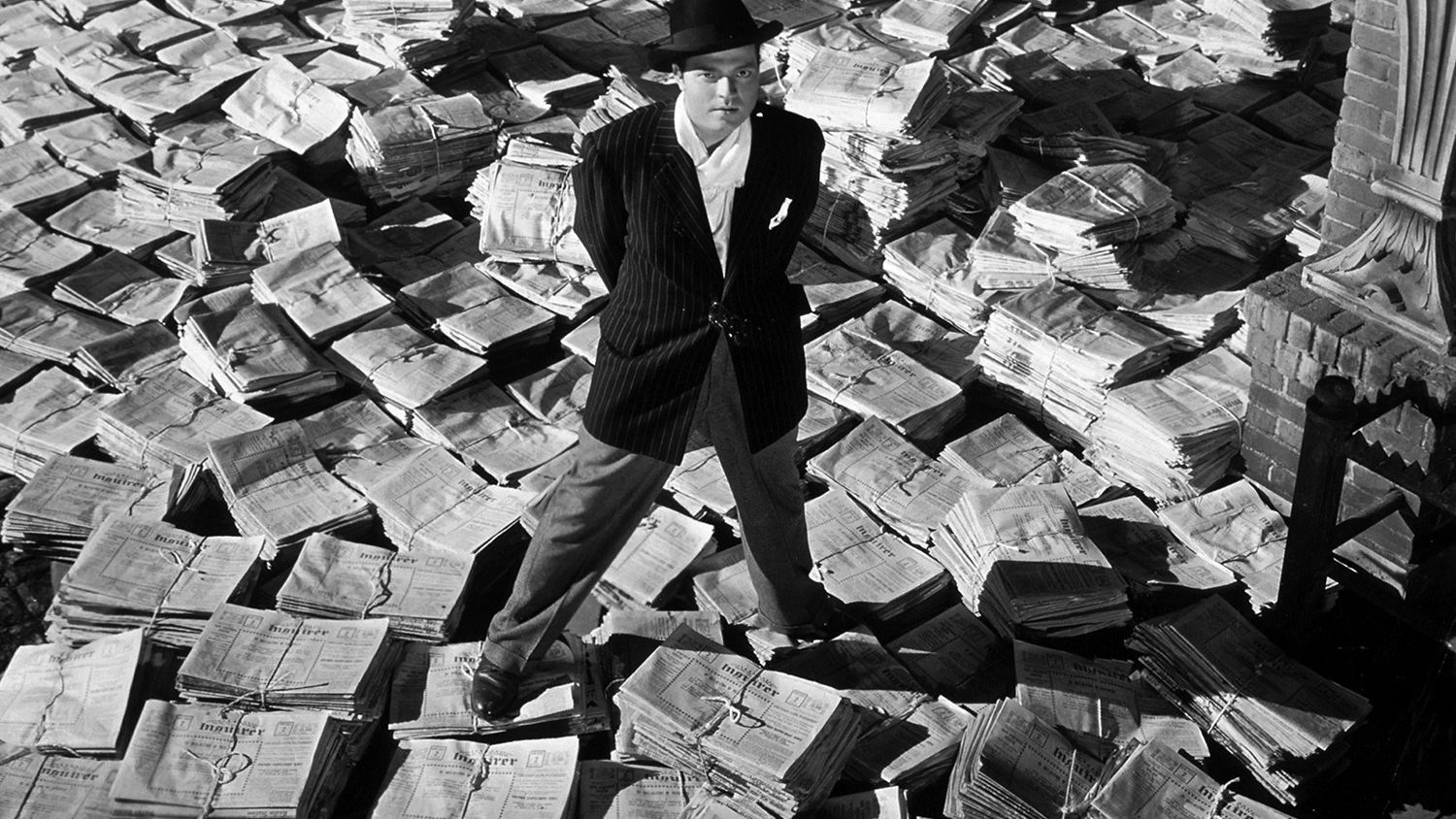
Often called The greatest film of all time, Orson Welles’ Citizen Kane was first released in 1941. It was Welles’ first feature film, and also acted in it as Charles Foster Kane. It held a 100% on Rotten Tomatoes for a long time before receiving a negative review eighty years late. The film was praised for what it accomplished for its time, being the first to perfect several techniques within one film. One of those techniques was the use of deep focus which made everything on screen in focus including the background. It is also noted for telling its narrative in the form of flashbacks. The film is studied for its free use of all these techniques (and more) as well as its political themes that resonate with audiences even today. This is a must-watch for every wannabe-filmmaker.

